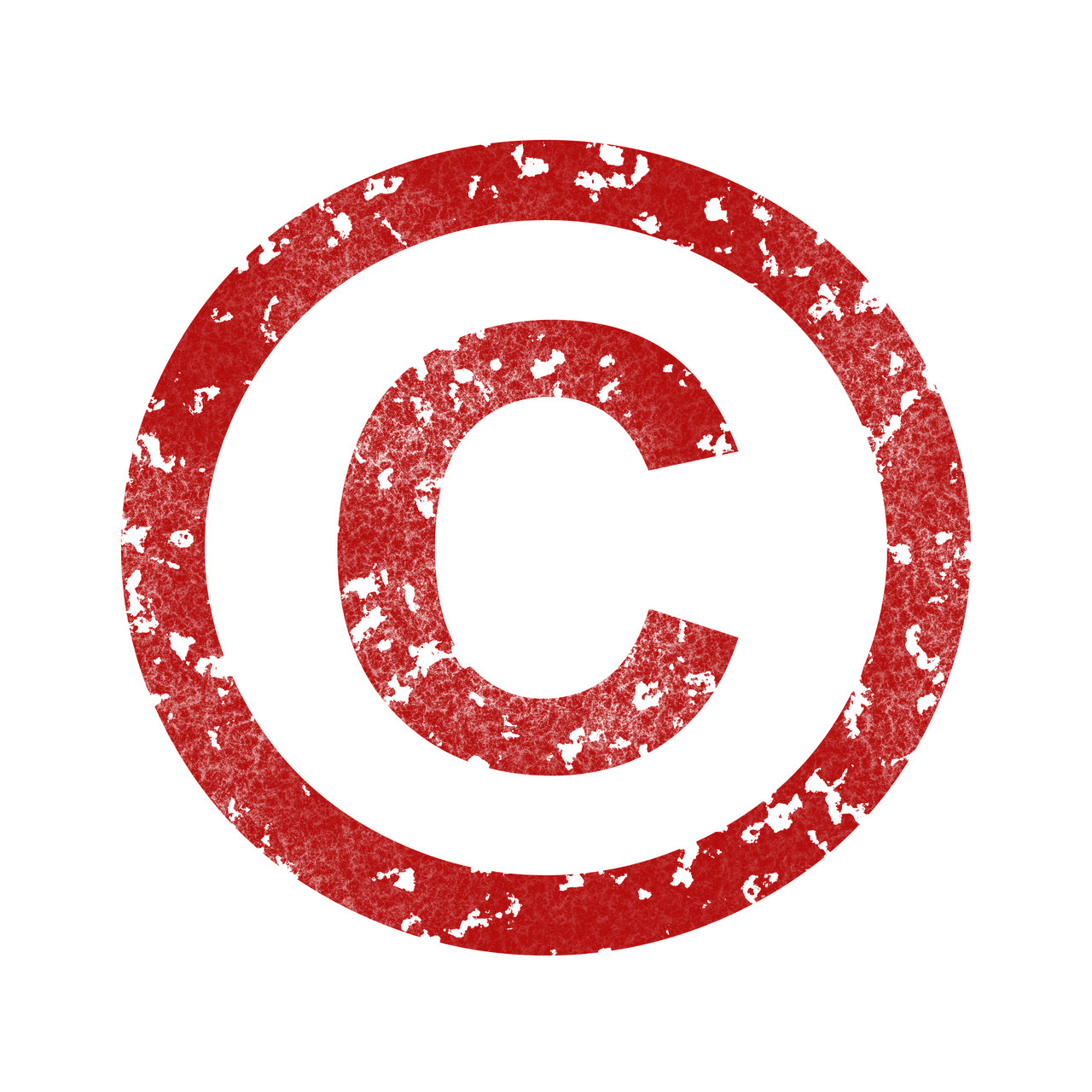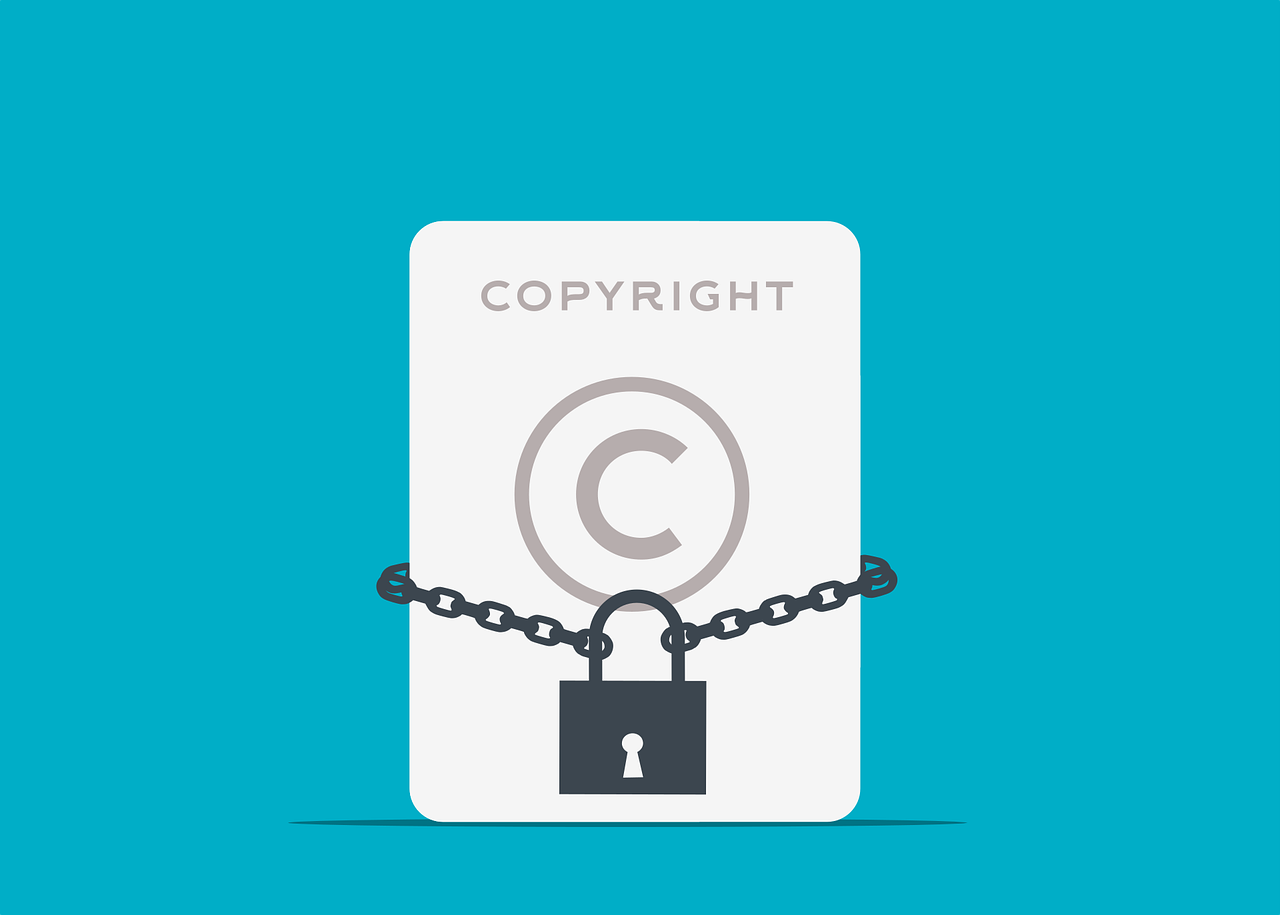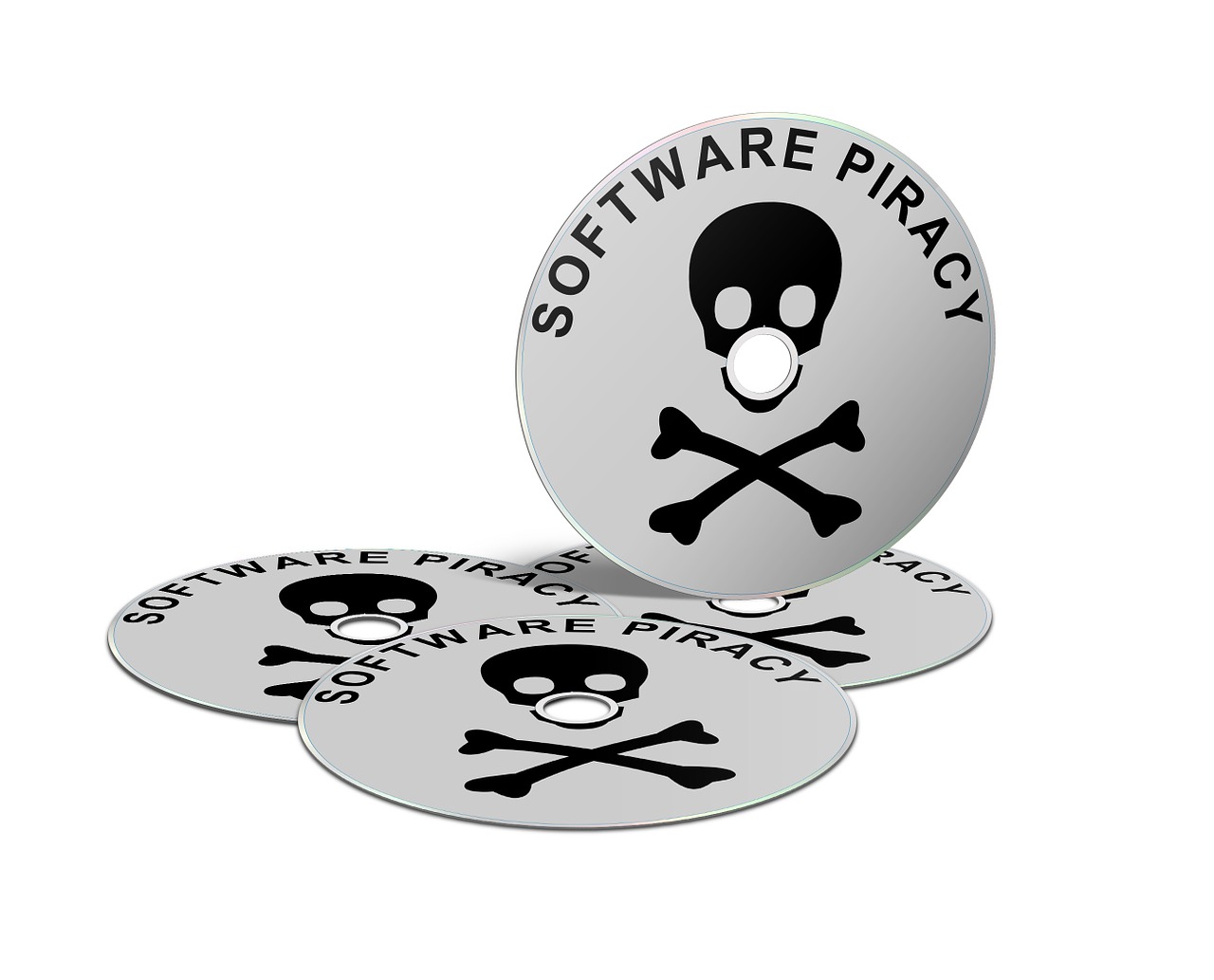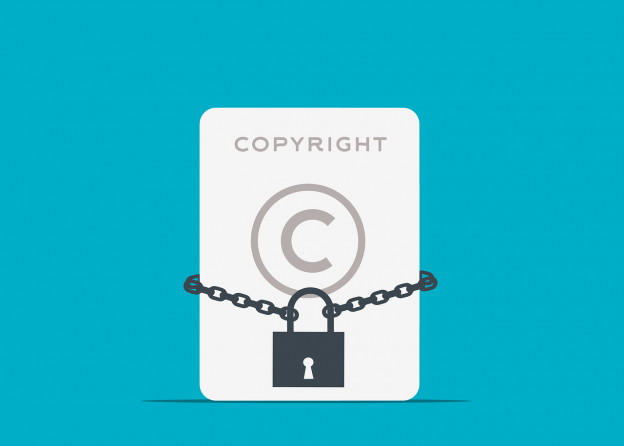In today’s fast-paced and digital world, protecting your creative work is more important than ever. Whether you’re an artist, musician, writer, or entrepreneur, copyright protection ensures that your ideas and creations are safeguarded from infringement. But how exactly do you go about protecting your work? In this article, we will explore the ins and outs of copyright protection, providing you with valuable insights and actionable steps to secure your creative endeavors. From understanding the basics of copyright law to seeking legal counsel for expert advice, we’ve got you covered. So, let’s dive in and discover how you can safeguard your intellectual property and preserve your artistic vision.
Understanding Copyright
What is Copyright?
Copyright is a legal concept that grants exclusive rights to the creators of original works, allowing them to control how their work is reproduced, distributed, and adapted. It protects various forms of creative expression, such as literary works, music, art, films, and software. As the creator, you have the right to determine how your work is used and to prevent others from using it without your permission.
Why is Copyright Important?
Copyright is important because it encourages creativity and innovation by providing creators with the incentive and protection they need. It allows creators to reap the financial rewards of their work and ensures that they have control over how it is used, preventing unauthorized copying and distribution. Copyright also helps to promote the growth of industries that rely on creative content, such as publishing, film, music, and software development.
Copyright Ownership
Who Owns Copyright?
In general, the creator of a work owns the copyright. This means that if you are the one who created the work, you automatically own the copyright and have exclusive rights to it. However, there are some exceptions to this rule. For example, if you create a work as an employee in the course of your employment, the copyright may be owned by your employer, depending on the terms of your employment contract. It’s important to clearly define ownership rights in any agreements or contracts related to the creation of a work.
Copyright for Works Created by Employees
When an employee creates a work within the scope of their employment, the copyright may be owned by the employer. This is known as “work made for hire” and typically applies to works created by employees as part of their job duties. However, it is important to note that not all works created by employees qualify as “work made for hire.” For example, if the employee is an independent contractor or if the work falls outside the scope of their employment, they may still retain ownership of the copyright.

Copyrightable Works
Types of Works Eligible for Copyright Protection
A wide range of creative works are eligible for copyright protection. Some examples include:
- Literary works: Novels, poems, articles, and other written works.
- Musical works: Songs, compositions, and lyrics.
- Artistic works: Paintings, sculptures, photographs, and illustrations.
- Dramatic works: Plays, dance performances, and choreography.
- Films and videos: Motion pictures, documentaries, and television shows.
- Sound recordings: Recordings of music, speeches, and other audio.
- Architectural works: Buildings, blueprints, and architectural designs.
- Software: Computer programs and applications.
It’s important to note that copyright protection applies to the expression of an idea, not the idea itself. For example, while you cannot copyright a business idea, you can protect the content of a book or a software program that implements that idea.
Works Not Eligible for Copyright Protection
While copyright protects a wide range of creative works, there are certain types of works that are not eligible for copyright protection. These include:
- Ideas, concepts, procedures, or methods.
- Facts, information, or data.
- Works that are not fixed in a tangible form of expression (e.g., improvised speeches or performances).
- Works that are in the public domain (e.g., works with expired copyrights or those released into the public domain by the creator).
- Works that lack originality or creativity, such as simple lists or directories.
It’s important to consult with a copyright attorney to determine if your work is eligible for copyright protection.
Copyright Registration
Benefits of Copyright Registration
While copyright protection exists automatically upon the creation of a work, registering your copyright with the appropriate government office provides several important benefits. These include:
- Public notice: Registration puts others on notice that you claim ownership of the work, making it easier to enforce your rights in case of infringement.
- Presumption of ownership: Registration creates a legal record of ownership, making it easier to prove your copyright in court.
- Ability to sue for infringement: Registration is a prerequisite for filing a lawsuit against someone who has copied or used your work without permission. It allows you to seek statutory damages and attorney’s fees in addition to actual damages.
- Protection for international works: Registration with the U.S. Copyright Office is required for U.S. copyright owners to enforce their rights in foreign countries.
- Enhanced licensing opportunities: Registration can make it easier to license your work, negotiate royalties, and establish partnerships with other creators or businesses.
How to Register Copyright
To register your copyright, you need to complete an application and submit it to the appropriate government office. In the United States, copyright registration is handled by the U.S. Copyright Office. The application process typically involves providing information about the work, such as its title, author, date of creation, and a copy of the work itself. There is a filing fee associated with the registration, which can vary depending on the type of work being registered.
Copyright Registration Process
Once you have submitted your application and fee, the Copyright Office will review your submission to ensure it meets the necessary requirements. This process can take several months. If everything is in order, the Copyright Office will issue a copyright registration certificate, which serves as official documentation of your copyright. This certificate provides additional evidence of your ownership and can be useful in legal proceedings.

Duration of Copyright
Copyright Term
The duration of copyright protection varies depending on several factors, including the type of work, the date of creation, and the natural lifespan of the creator. In general, copyright protection lasts for the life of the author plus an additional 70 years after their death. For works created anonymously, pseudonymously, or as “work made for hire,” the protection lasts for 95 years from the date of publication or 120 years from the date of creation, whichever is shorter.
Renewal and Extension of Copyright
In the United States, copyright renewals are no longer required for works created after 1977. However, for works created prior to that year, copyright owners had to renew their copyrights after an initial period of 28 years. Some older works may have fallen into the public domain due to failure to renew the copyright. Additionally, certain works may be eligible for copyright term extensions under specific circumstances, such as works created by individuals who published before 1964.
Copyright Infringement
What Constitutes Copyright Infringement?
Copyright infringement occurs when someone violates the exclusive rights of a copyright owner without permission. This can include reproducing, distributing, performing, or displaying the work without authorization. Even creating a derivative work based on the original without permission can be considered copyright infringement. To establish infringement, the copyright owner must show that their work was copied and that the alleged infringer had access to the original work.
Defenses Against Copyright Infringement Claims
There are several defenses that someone accused of copyright infringement can assert. Some common defenses include:
- Fair use: The fair use doctrine allows limited use of copyrighted material for purposes such as criticism, commentary, news reporting, teaching, or research. Determining fair use involves considering factors such as the purpose and character of the use, the nature of the copyrighted work, the amount used, and the effect on the market.
- First sale doctrine: Once a copyrighted work has been lawfully sold or distributed, the copyright owner’s control over that particular copy of the work is exhausted. This defense can apply to the resale or lending of legally obtained copies of books, music, movies, and software.
- Independent creation: If the accused infringer can demonstrate that they independently created their work without access to the copyrighted work, this can be a valid defense. The key is to show that the similarities between the works are purely coincidental and not the result of copying.
It is important to consult with a copyright attorney to understand the specific defenses that may apply to your situation.
Enforcing Copyright
Cease and Desist Letter
If you believe that someone is infringing your copyright, a cease and desist letter can be an effective initial step to enforce your rights. A cease and desist letter is a written notice sent to the alleged infringer, demanding that they stop using your copyrighted work and potentially seeking damages. The letter serves as a warning and gives the recipient an opportunity to rectify the situation before legal action is taken. Consulting with a copyright attorney can help ensure that your cease and desist letter is properly drafted and effective.
Copyright Infringement Lawsuit
If a cease and desist letter does not resolve the infringement, filing a copyright infringement lawsuit may be necessary to protect your rights. In a copyright infringement lawsuit, you can seek various remedies, including an injunction to stop the infringing activities, actual damages, statutory damages, and attorney’s fees. Litigation can be a complex and time-consuming process, so it is essential to work with an experienced copyright attorney who can guide you through the legal proceedings.
Fair Use Doctrine
Understanding Fair Use
Fair use is a legal doctrine that allows limited use of copyrighted material without the copyright owner’s permission. It is based on the principle that certain uses of copyrighted works should be allowed for purposes such as criticism, comment, news reporting, teaching, scholarship, or research. Fair use is intended to balance the rights of the copyright owner with the public’s interest in access to and use of creative works.
Factors Considered for Fair Use
Determining fair use involves considering several factors, including:
- The purpose and character of the use: Fair use is more likely to be found if the use is transformative, adding something new or creating a different purpose or character.
- The nature of the copyrighted work: Certain types of works, such as factual or informational works, may be more susceptible to fair use than highly creative or fictional works.
- The amount and substantiality of the portion used: Using a small portion of a copyrighted work may be more likely to be considered fair use than using a substantial amount.
- The effect on the market for the copyrighted work: Fair use is less likely to be found if the use negatively impacts the market for the original work.
Determining fair use can be complex, and the analysis is highly fact-specific. It is advisable to consult with a copyright attorney to assess whether your use of a copyrighted work qualifies as fair use.

International Copyright Protection
Copyright Protection Abroad
Copyright protection varies from country to country, and a work that is protected in one country may not receive the same level of protection in another. However, several international treaties and agreements aim to harmonize copyright laws between countries and provide some level of protection for copyrighted works across borders. It is important to consult the copyright laws of each country in which you seek protection and consider registering your copyright with the appropriate authorities in those countries.
International Copyright Treaties
Some of the key international copyright treaties include:
- Berne Convention for the Protection of Literary and Artistic Works: This treaty provides the basic framework for copyright protection and recognizes the principle of national treatment, meaning that authors from member countries are granted the same rights and protections as the nationals of the country where the work is used.
- Universal Copyright Convention: This treaty offers a simpler and more flexible framework for copyright protection and is particularly relevant for countries that are not members of the Berne Convention.
- World Intellectual Property Organization Copyright Treaty (WIPO Copyright Treaty) and the WIPO Performances and Phonograms Treaty (WPPT): These treaties extend copyright protection to digital works and provide greater protection for authors and performers in the digital age.
It’s important to consult with a copyright attorney who specializes in international copyright law to ensure that you have the necessary protections for your work.
Copyright FAQs
What is a copyright notice?
A copyright notice is a statement that includes the symbol © or the word “Copyright,” the year of first publication, and the copyright owner’s name. While not required for copyright protection, a copyright notice is recommended as it puts others on notice of your ownership and can deter potential infringers.
Can you copyright an idea?
No, copyright does not protect ideas, concepts, procedures, or methods. It only protects the expression of those ideas in a fixed, tangible form. However, you may be able to protect your idea through other forms of intellectual property, such as patents or trade secrets.
What should I do if someone infringes my copyright?
If someone infringes your copyright, you should gather evidence of the infringement, such as copies of the infringing work and documentation of the dates of creation of your work. You can then send a cease and desist letter to the infringer, demanding that they stop using your work. If necessary, you may need to file a copyright infringement lawsuit to enforce your rights.
Can I use copyrighted material for educational purposes?
In some cases, the use of copyrighted material for educational purposes may qualify as fair use. However, the determination of fair use depends on several factors, such as the purpose and character of the use, the nature of the copyrighted work, the amount used, and the effect on the market. It is advisable to consult with a copyright attorney to assess whether your use qualifies as fair use.
Do I need to register my copyright to be protected?
No, copyright protection exists automatically upon the creation of a work. However, registering your copyright with the appropriate government office provides important benefits, such as public notice, a legal record of ownership, and the ability to sue for infringement. It is recommended to register your copyright to strengthen your legal position and protect your rights.



